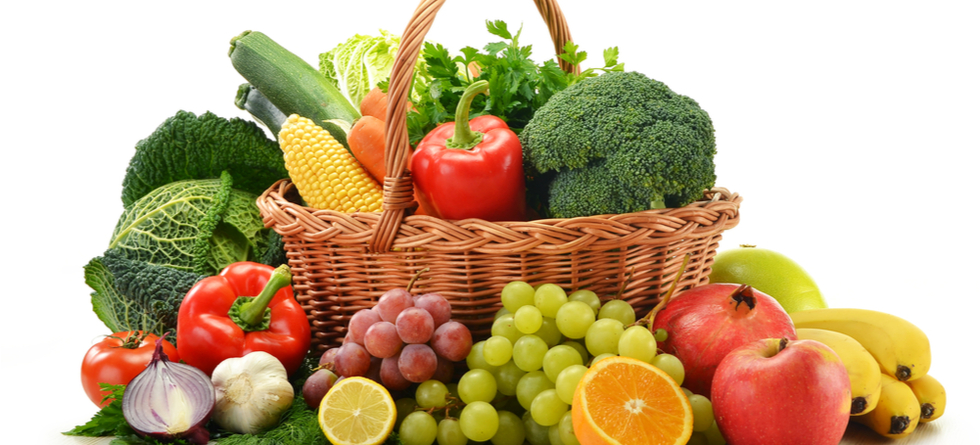What is the Best Diet for the Elderly?
As we age, our nutritional needs change, making it essential to follow a well-balanced diet that supports overall health. At Devoted Helpers, based in Sugar Land, Texas, we emphasize the importance of proper nutrition for seniors to maintain energy, prevent disease, and enhance their quality of life.
Here is a guide to the best diet for the elderly…
Focus on Nutrient-Dense Foods
- Choose whole, unprocessed foods packed with vitamins and minerals.
- Prioritize fruits, vegetables, lean proteins, and whole grains.
- Avoid empty-calorie foods like sugary snacks and sodas.
Prioritize Lean Protein Sources
- Helps maintain muscle strength and prevent frailty.
- Opt for lean meats like chicken, turkey, and fish.
- Include plant-based proteins like beans, lentils, tofu, and nuts.
Incorporate Healthy Fats
- Supports brain function and reduces inflammation.
- Choose sources like olive oil, avocados, nuts, and fatty fish.
- Limit saturated and trans fats found in fried and processed foods.
Increase Fiber Intake
- Aids digestion and prevents constipation.
- Found in whole grains, fruits, vegetables, and legumes.
- Helps regulate blood sugar levels and lower cholesterol.
Stay Hydrated
- Dehydration is a common issue among seniors.
- Drink plenty of water, herbal teas, and hydrating foods like cucumbers and watermelon.
- Limit caffeine and alcohol, which can lead to dehydration.
Maintain Bone Health with Calcium & Vitamin D
- Supports strong bones and reduces the risk of fractures.
- Consume dairy products, fortified plant-based milk, leafy greens, and almonds.
- Get adequate sunlight or consider supplements for Vitamin D.
Reduce Sodium and Processed Foods
- Helps prevent high blood pressure and heart disease.
- Opt for fresh, home-cooked meals instead of pre-packaged foods.
- Use herbs and spices instead of salt for flavoring.
Monitor Blood Sugar Levels
- Choose complex carbohydrates like whole grains, sweet potatoes, and legumes.
- Avoid refined sugars and processed carbs to prevent diabetes complications.
- Balance meals with protein and fiber to maintain steady glucose levels.
Adapt Portions to Metabolism Changes
- Metabolism slows with age, requiring fewer calories but more nutrients.
- Eat smaller, balanced meals throughout the day to maintain energy.
- Practice mindful eating to prevent overeating and aid digestion.
Consult a Healthcare Professional
- Individual dietary needs vary based on health conditions.
- Work with a doctor or registered dietitian to tailor a meal plan.
- Consider dietary supplements if needed to meet nutritional gaps.
A healthy diet plays a crucial role in aging well and maintaining independence. At Devoted Helpers, we are committed to helping seniors achieve optimal health through proper nutrition. By following these dietary guidelines, older adults can enjoy a balanced diet that promotes longevity and vitality.


